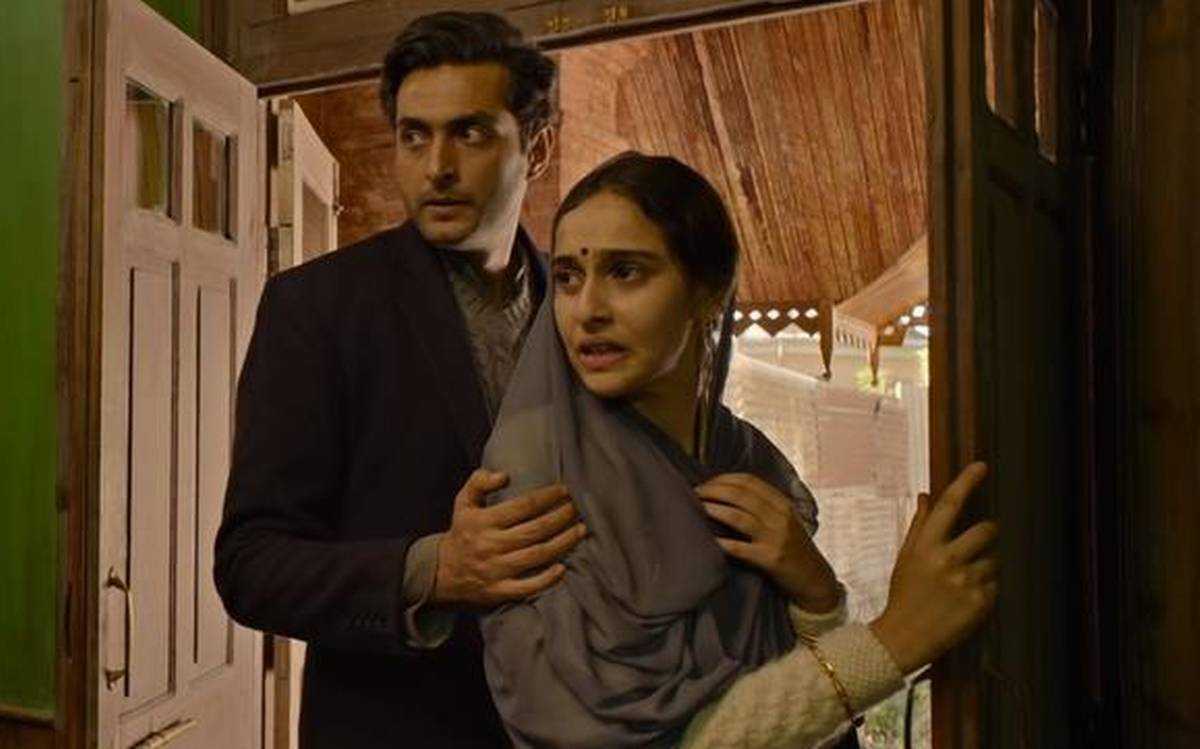News Grille
KASHMIR, LOVE AND EXODUS

by Yeshi Seli/fnbworld bureau

Coming from the expansive and beautiful Kashmir vale, India's leading cinema director, Vidhu Vinod Chopra’s "Shikara" (released in February 2020) is one of his finest works (some of his famous films include Parinda, 1942: A Love Story, Munna Bhai film series, 3 Idiots and PK). Shikara is inspired by the former war correspondent-cum-professor and author Rahul Pandita's 'A Memoir of a Lost Home in Kashmir‘ .
The brilliant narrative pans a love story, in the backdrop of the bashing-exodus of nearly 4 lakh Kashmiri Pandits from the Valley (in 1989-90), when insurgency backed by Pakistani terror machine was completely soaked in human blood.
The protagonist(s) couple Shiv and Shanti and their journey spanning three decades begins with their falling in love when nothing was apparently wrong in the society regarding the shades of militancy shattering completely the lives of Kashmiri 'Pandits', the chaste Hindus and majorly educated minority in the vexed state!
Entirely shot in Kashmir, the picturesque locations compliment the performances of all actors. The lead actors Adil Khan and Sadia look their part. The movies runs through the actual events that took place in Kashmir around then and also shows how friends turn foes when they are engulfed by a heady pernicious potion of religion and politics.
The shift from Kashmir being inclusive, to the emergence of radicals makes one choke. There is a scene in the film where Shanti, travelling by bus, is asked by a co-passenger to cover her head. The Pandits who were forced to leave the Valley have many such experiences to recount.
The performance of Zain Khan Durrani is breathtaking, who plays the character Lateef Lone. As he, like Sadia, hails from Kashmir he played his part to perfection. The transition from a fun-loving cricketer to turning into a militant, following his father’s death is brilliantly portrayed. His friendship with Shiv suffers, but their indelible bond stays.
Optimistic of their return to their beautiful house in the Valley who they named `Shikara’ (named after the wooden boat as the Kashmiri folks call it) but the couple are unable to do so. Their lives in the refugee camp in Jammu makes one realize the pain and humiliation all the Pandits suffered after being hounded out of their houses.
The couple does visit their house again, when the army seeks Shiv’s help after having captured Lateef. Shiv and Shanti travel back to Kashmir for the first time since the exodus.
The last meeting between Shiv and Lateef at an Indian army enclosure (meant to extract information from the militants) is well captured. Lateef's realization that he has been a pawn in the hands of militant handlers and politics – sends the perfect message.
When Shiv and Shanti go to see their house they are heartbroken as it is unkempt and has been encroached by their former milkman who was instrumental in their leaving the Valley.
In the end, after Shanti death, Shiv returns to his native village in Kashmir and begins to teach children, like he did in the refuge camp in Jammu. He lacks any bitterness and is still full of warmth.
Sadly, such brilliant and replete with fine moving imagery films are rarely successful at the box office or at juror's dais' as they don’t strike a chord with the masses who are far removed from the real issues of Kashmir. This is a fine documentary-drama cinema and calls for serious viewers.
My rating: 4.2/5. Get to watch it now on Amazon Prime.